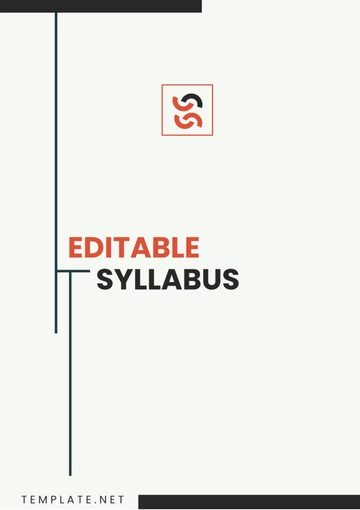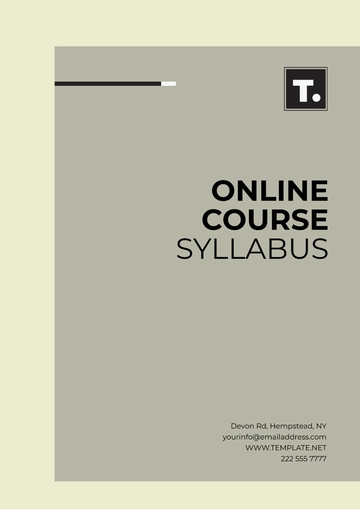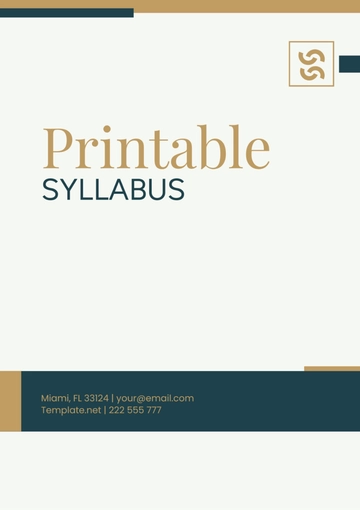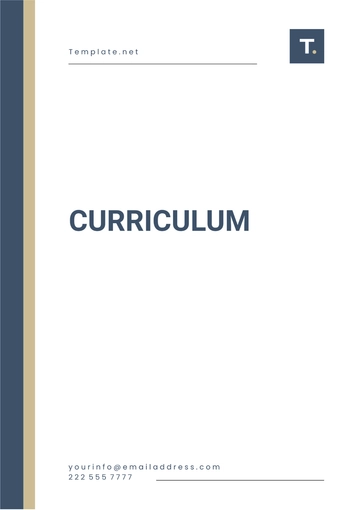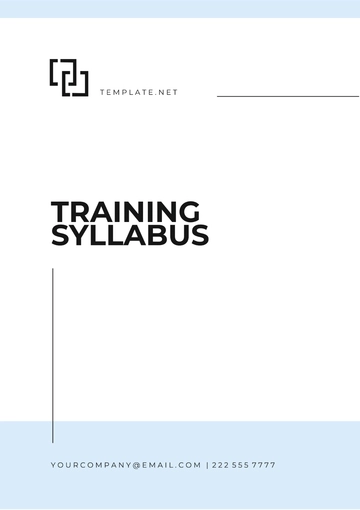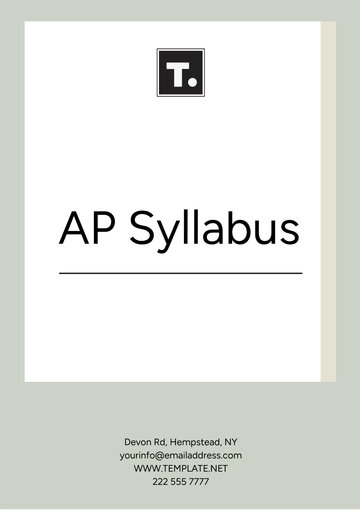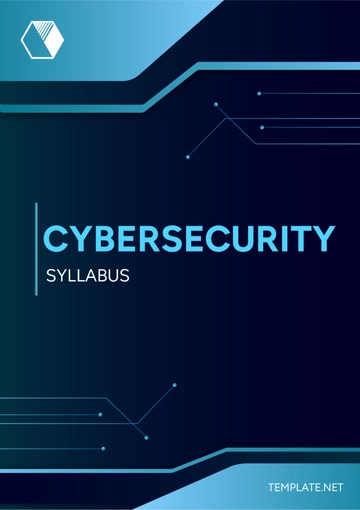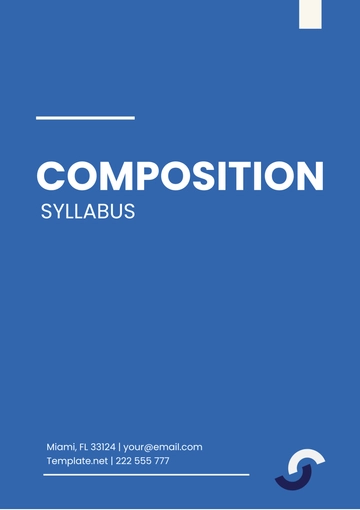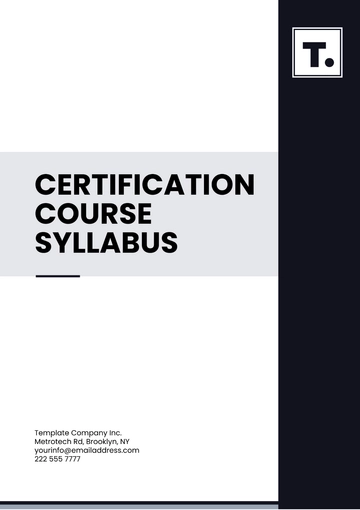Free Energy Law Syllabus
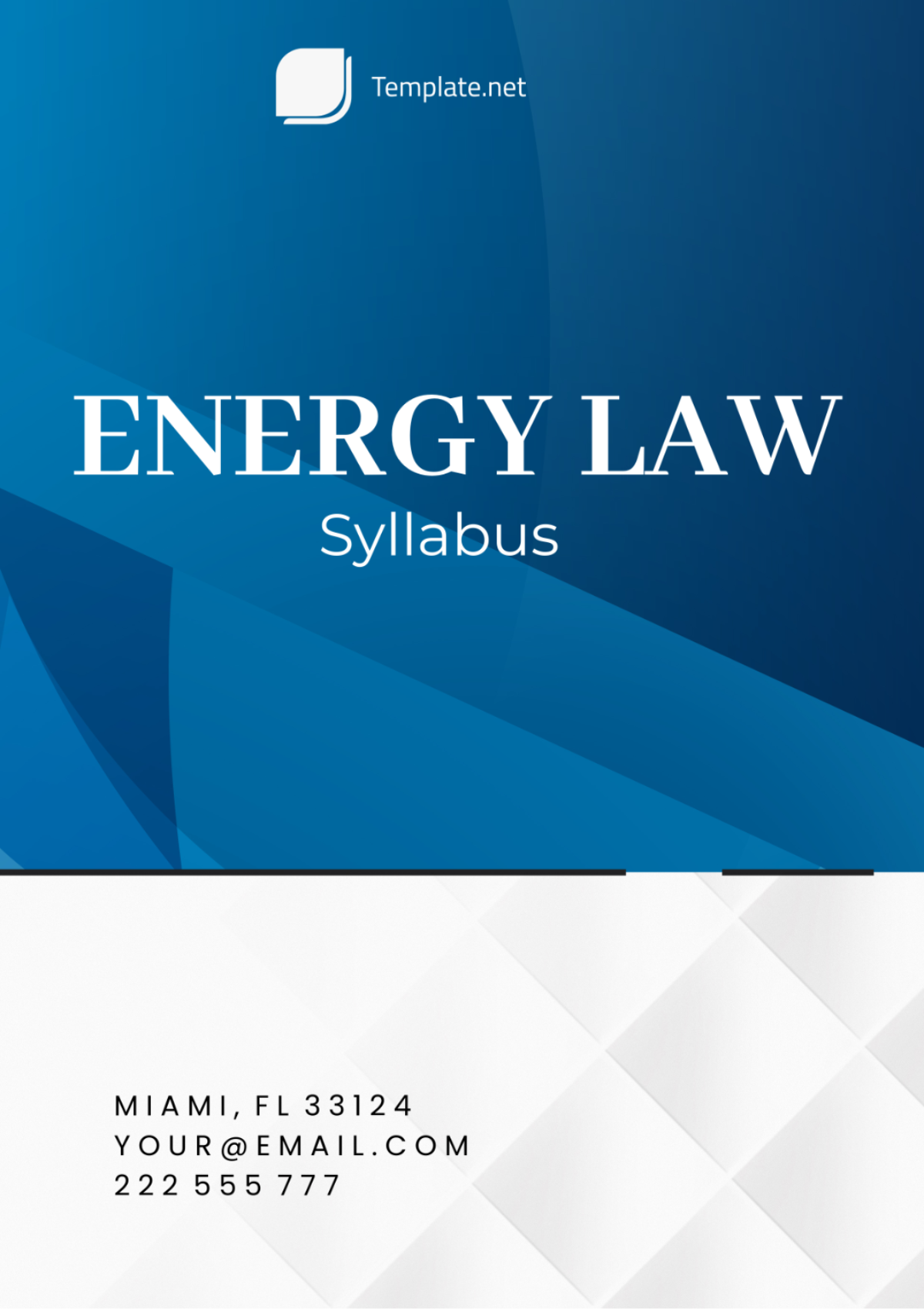
Energy Law Course
Course Title | [COURSE TITLE] |
Course Code | [COURSE CODE] |
Office Hours | [OFFICE HOURS] |
Class Location | [CLASS LOCATION] |
Class Time | [CLASS TIME] |
Class Duration | [DATE] - [DATE] |
I. Course Description
This course provides a comprehensive overview of energy law, its fundamental principles, and their practical applications. The primary aim is to investigate the significant legal issues surrounding energy production, consumption, extraction, and utilities.
II. Instructor Information
Name: [YOUR NAME]
Contact: [YOUR EMAIL]
Company: [YOUR COMPANY NAME]
III. Learning Objectives
Understand the fundamental principles of energy law.
Analyse the impact of governmental policies on energy laws.
Identify and discuss ethical issues in energy production and consumption.
Understand the role of regulatory bodies in energy law.
Apply legal theories learned to real-world energy sectors.
IV. Course Schedule
Week | Topic | Reading |
|---|---|---|
1 | Introduction to Energy Law | Chapter 1 |
2 | Sources of Energy | Chapter 2 |
3 | Energy Regulation | Chapter 3 |
4 | Renewable Energy | Chapter 4 |
5 | Fossil Fuels | Chapter 5 |
6 | Nuclear Energy | Chapter 6 |
7 | Energy Efficiency | Chapter 7 |
8 | International Energy Law | Chapter 8 |
9 | Climate Change and Energy | Chapter 9 |
10 | Emerging Energy Trends | Chapter 10 |
V. Required Reading and Materials
Energy Law and the Environment, Rosemary Lyster
Introduction to Energy Law, Brent Rosen
Law of Energy and Natural Resources, Peter Cameron
Case studies on international energy law.
Research articles, policy papers, and government regulations.
VI. Assignments and Assessments
Weekly Assignments: Short assignments will be given at the end of each week to assess understanding.
Mid-term Paper: A comprehensive paper on any one topic covered in the first half of the course.
Group Project: A group project to be presented on a selected energy law case.
Final Exam: A written examination covering all topics discussed in the course.
Class Participation: Regular and active participation in class is extremely necessary and will be collectively considered for grading.
VII. Course Policies
Attendance: Students are expected to attend all classes and activities.
Participation: Active class participation is strongly encouraged and accounts for a portion of the grade.
Late Assignments: Late assignments will score a reduced grade. Exceptions are made for genuine reasons.
Academic Honesty: Any case of academic dishonesty, including but not limited to plagiarism, will be dealt strictly.
Communication: Any course-related issues should be communicated to the instructor in a timely manner.
VIII. Grading Policy
Criteria | Percentage |
|---|---|
assignments | 30% |
mid-term paper | 20% |
Group Projects | 20% |
final exam | 20% |
participation | 10% |
Total | 100% |
Disclaimer
The syllabus that we are currently following holds the possibility of undergoing certain changes or alterations as we advance. Additionally, any modifications that are to be made in this syllabus will be distinctly and explicitly communicated ahead of time or well in advance to avoid any misunderstandings and ensure everyone is keeping up with the changes.
- 100% Customizable, free editor
- Access 1 Million+ Templates, photo’s & graphics
- Download or share as a template
- Click and replace photos, graphics, text, backgrounds
- Resize, crop, AI write & more
- Access advanced editor
Explore the intricacies of energy law effortlessly with Template.net's customizable Energy Law Syllabus. Crafted for convenience, this editable resource empowers users to tailor course content to their needs. Seamlessly adjust and modify with our intuitive Ai Editor Tool. Elevate your understanding of energy law with this dynamic resource.

